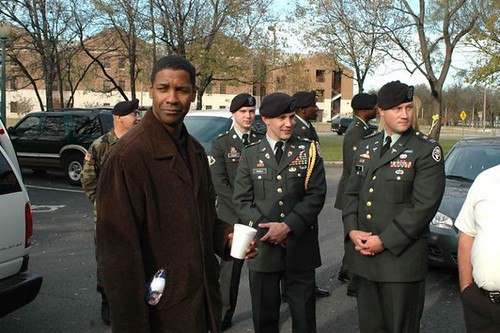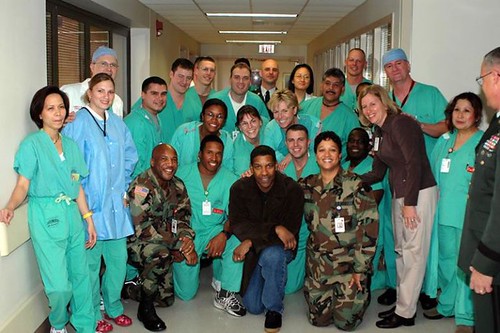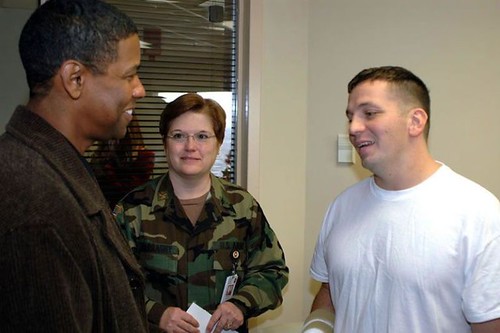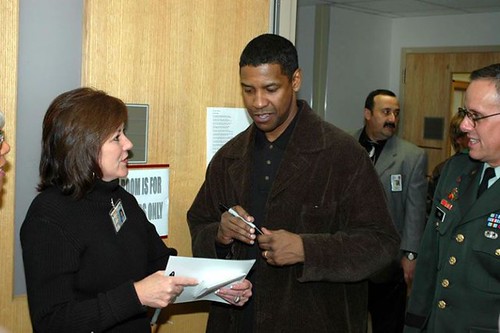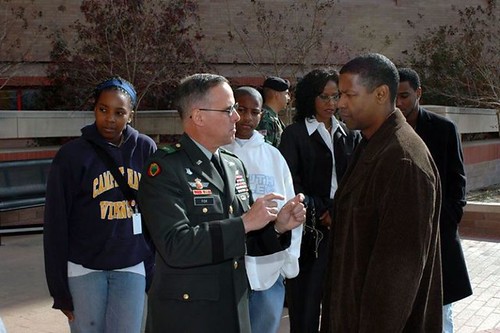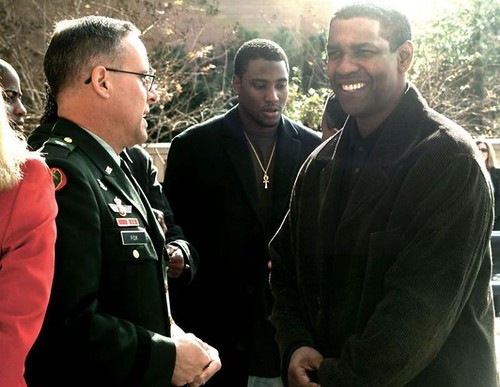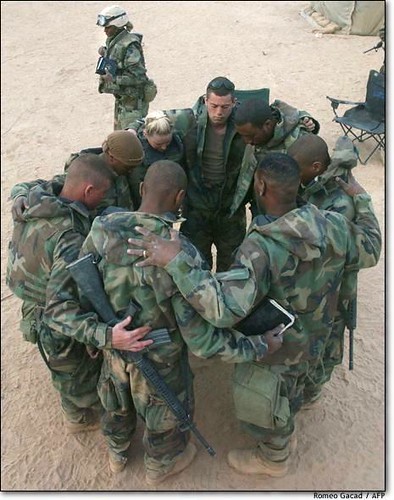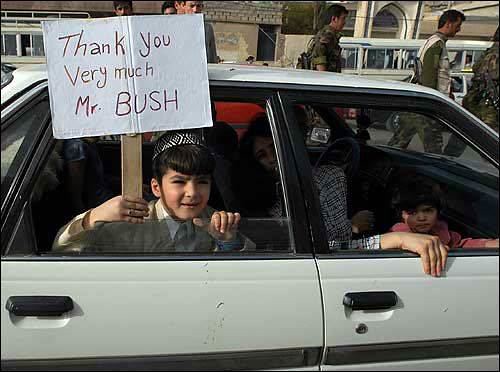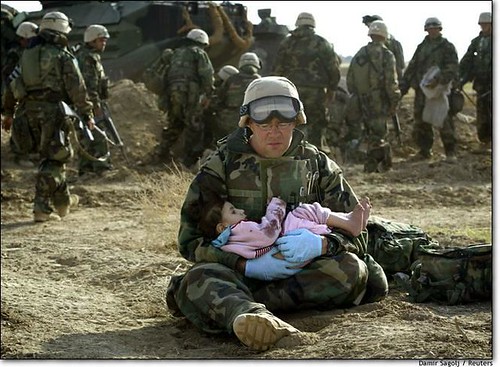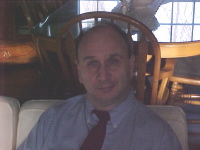It's important what the rest of the world thinks of the United States.
But it's more important that we defend ourselves against terrorists who
seek our annihilation. Much of the criticism of our efforts, both
international and domestic, is factually wrong and appears to be driven
by a partisan hostility to President Bush.
Last week the Senate Judiciary Committee held a hearing on Guantanamo
Bay, the U.S. military base where a $150 million facility has been built
to house detainees in the war on terrorism, individuals who might better
be described as "people who will kill Americans if given half a chance."
At the hearing, Democrats criticized the Bush Administration, alleging
that the 520 prisoners are in "legal limbo," that "there is no plan
exactly how they're going to be handled," that their "rights under the
Geneva Conventions have been violated," and that they deserve some sort
of a "trial" or they should be released. A big problem if true, but none
of it is.
The detainees at Guantanamo are not in a legal limbo any more than any
other prisoners in any other war were in limbo when they were captured.
International law allows any nation the right to detain enemy combatants
for the duration of a conflict. The primary reason is to prevent them
from killing more Americans, and, secondarily, to gather useful
intelligence. That's why we are holding these men - they are enemy
combatants who were shooting at our troops or otherwise involved in
terrorism, and many have information that could help prevent further
attacks. We certainly never "tried" captured Nazis or Japanese POWs in
World War II (with the exception of a few leaders charged with war
crimes) although many were held for years.
The Supreme Court has since ruled that because Guantanamo is under U.S.
control, some traditional American legal procedures apply, including the
right of each detainee to have his status reviewed. After that ruling, a
special commission was established to determine whether, in fact, all of
the detainees were enemy combatants, and a number of them were released.
We know that at least a dozen went right back to fighting us, because
they were subsequently captured again on the battlefield.
Those who remain in detention - a tiny fraction of the 10,000 enemy
combatants we have picked up over the past few years - are terrorist
trainers, bomb makers, extremist recruiters and financers, bodyguards of
Osama bin Laden, would-be suicide bombers, and so forth. Because they
indiscriminately target civilians and are not fighting for another
particular country, among other reasons, these individuals do not
qualify for the protections of the Geneva Conventions. Nonetheless,
official U.S. policy is to apply Geneva standards, including access to
lawyers, Red Cross visits, and so forth. Every single detainee receives
a new review every year to determine whether he still poses a risk. That
would seem to be a reasonable standard for a country at war, and surely
a credible "plan" for "handling" their cases.
The recent flurry of partisan and international criticism of the
handling of Islamic sensibilities at Guantanamo, sparked by a
discredited Newsweek report that a copy of the Koran was flushed down a
toilet, must have Osama bin Laden rolling with laughter. None of the
critics had previously displayed much concern over the abuse of Muslims
by other Muslims, as occurs every day in Iraq. The reality is that
virtually all prisoners are better fed and cared for at Guantanamo than
they have ever been in their lives. They are certainly treated well in
comparison to those Westerners taken captive by terrorists in Iraq, who
are typically beheaded.
A handful of politicians have even raised the idea of shutting down
Guantanamo, because of its "negative symbolism." But as even vociferous
critic Sen. Pat Leahy (D-VT) has conceded, "The question isn't
Guantanamo by itself. Obviously, if we're holding people, we're going to
hold them somewhere."
Exactly. Attacking the United States should bring serious consequences,
including imprisonment, if we can catch you.
--Sen. Jon Kyl
